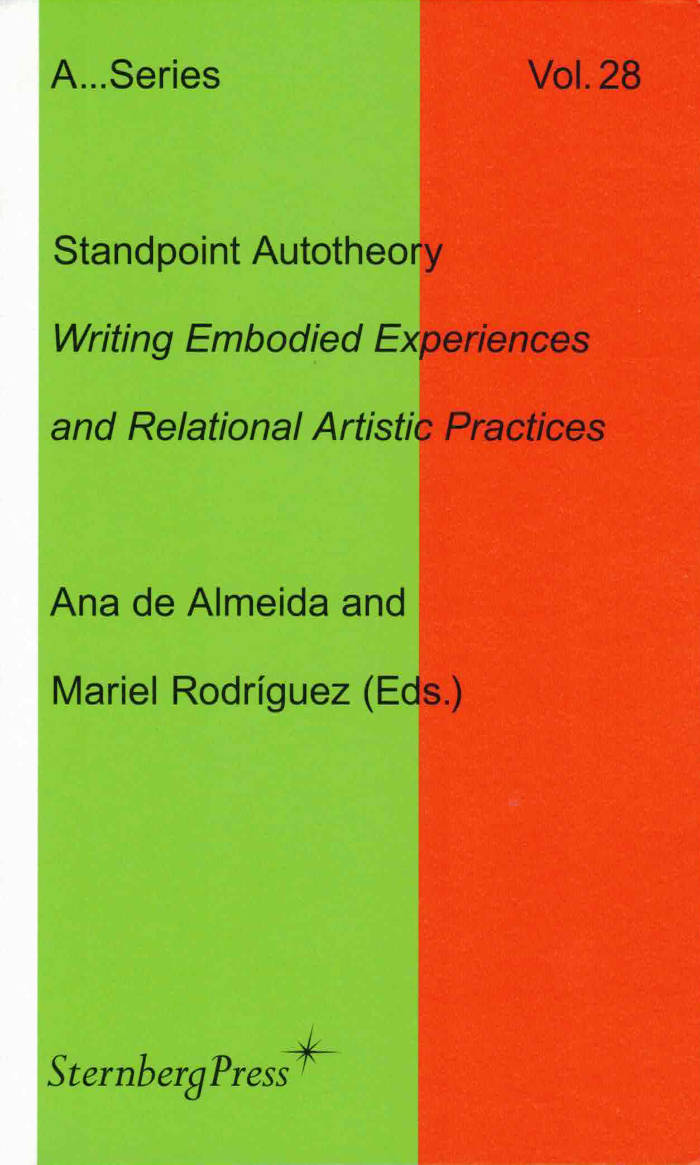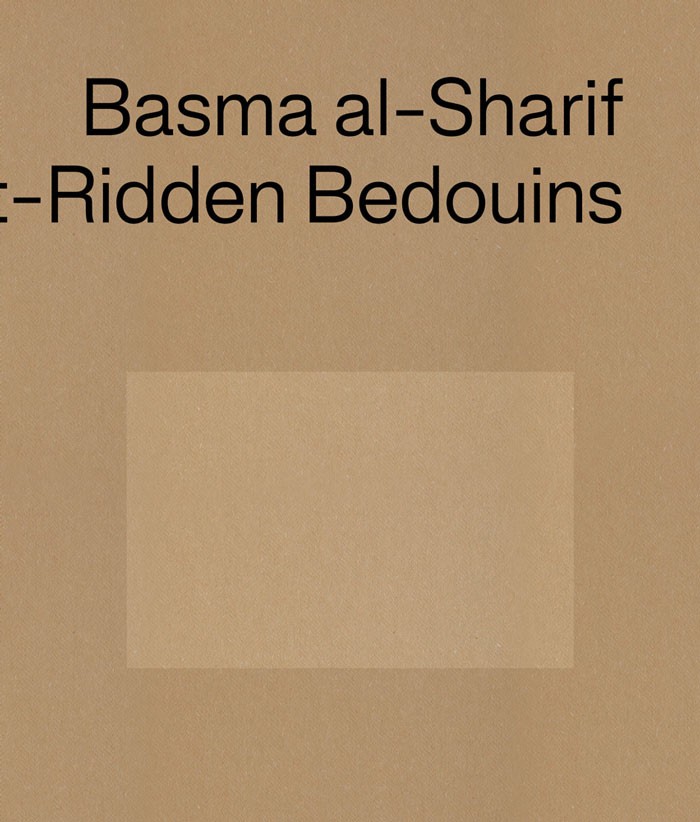
Wonderflux – A Decade of e-flux Journal
Wonderflux brings together a group of longtime contributors with graphic artists to collaborate on illustrated essays and develop a new pictorial language around some of the emergent consistencies and overarching issues that defined the first decade of e-flux journal.
In Wonderflux you will find yourself in front of disappearing mirrors held up to curators, critics, and artists; sailing through counterfactual universes; face-to-face with cold-blooded killers, faceless men, weary but buoyant prophets; all the while imbued with stubborn thriving and stubborn refusal to be moved or monetized, and once in a while having earnest conversations with robot(s and) workers.
The authors included here have shaped the varied concerns and urgencies of e-flux journal since 2008. As a theory-driven art journal made up entirely of hypertext and digital images and embraced by academic circles, we sometimes wonder about the artistic and sensual use of text and image. Does the thinking of some of our favorite authors also speak to a place beyond floods of automatic links and references and rectangular photographic portals? To a broader and more applied artistic domain like the imaginative sensibility of illustration, where entire worlds arise from the simple and deliberate placement of lines on paper?
Contributions by Franco “Bifo” Berardi, Raqs Media Collective & Freddy Carrasco, Liam Gillick, Elizabeth A. Povinelli & Clara Bessijelle Johansson, Martha Rosler & Josh Neufeld, Reza Negarastani & Keith Tilford, Hu Fang & Mojo Wang, Keller Easterling & Meijia Xu.







